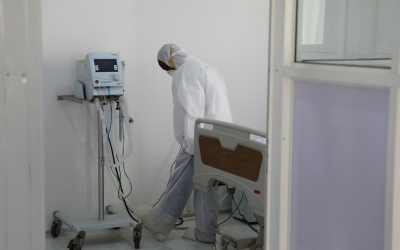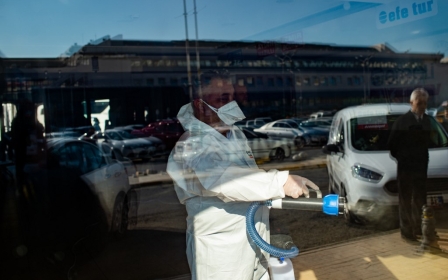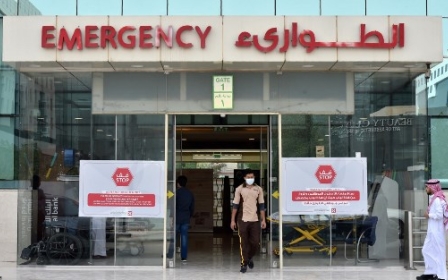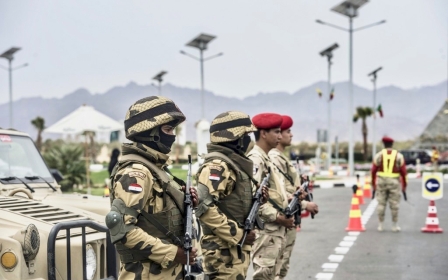Turkey coronavirus update: Religious authorities suspend all congregational prayers in mosques
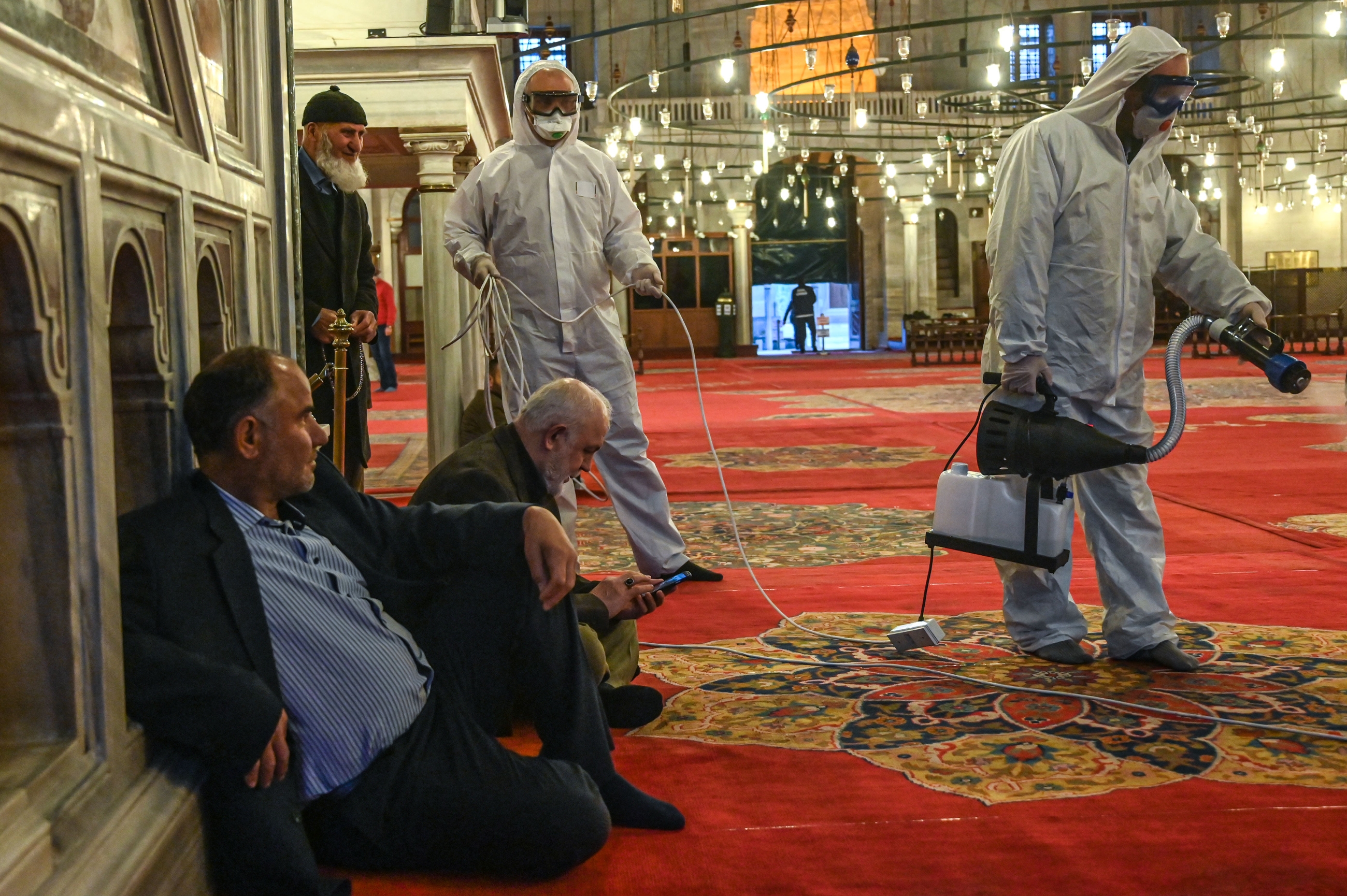
Turkey has decided to cancel all congregational worship, including Friday prayers, in mosques and masjids until the danger of coronavirus passes.
Ali Erbas, Turkey's head of religious affairs, said on Monday that there was a great danger that the virus could spread if prayers in congregation continue.
"Islam doesn’t permit practices that would put human life in danger," Erbas, the ultimate decision-maker in the country for Islamic affairs, said in televised remarks.
'There are hadiths by the Prophet Muhammad that suggest people should protect themselves from plagues'
- Ali Erbas, head of religious affairs
"There are hadiths by the Prophet Muhammad that suggest people should protect themselves from plagues."
Erbas said that companions of the prophet had also stayed away from mosques at times of great disaster. "Until the danger for the contagion disappears, prayers in congregations will be suspended. Instead of Friday prayer, [Muslims] can continue the noon prayer at their own homes."
New MEE newsletter: Jerusalem Dispatch
Sign up to get the latest insights and analysis on Israel-Palestine, alongside Turkey Unpacked and other MEE newsletters
Mosques will still be open to worshippers for individual prayer - but collective praying won’t be allowed.
The announcement came after Turkey's health ministry announced on Sunday that 18 patients had been diagnosed with coronavirus.
Travel suspended to parts of Europe
On Monday, Turkey's health minister said the country would ban all flights from the UK, Switzerland, Saudi Arabia, Egypt, Ireland and United Arab Emirates as of 8am on Tuesday.
Ankara had already suspended travel to and from nine European countries, including Germany and France.
Authorities on Monday also closed schools, colleges, bars, nightclubs and dance venues to stop the spread of the disease.
Other venues hit by Interior Ministry-mandated closures have included theatres, cinemas, shisha and internet cafes, Turkish baths, amusement parks and swimming pools.
Only restaurants with proper licences have been allowed to remain open.
Istanbul's governor said on Monday that citizens, including students who live in those countries, had until 5pm to ask Turkish embassies for permission to return home.
"Those who make the requests will be returned to Turkey until Tuesday at midnight," Ali Yerlikaya said. "Citizens who arrive in Istanbul will be quarantined for 14 days in dormitories run by the government."
The Turkish government's has taken several steps to isolate the infected and stop the virus' spread, including postpone court cases except those which are urgent, and give leave to public employees who are over 60 or suffering from chronic conditions.
Initially, some sectors of Turkish society were suspicious about the government’s information strategy: some questioned whether Turkey was being transparent about the number of cases.
Many supermarkets and grocery stores in metropolises such as Istanbul and Ankara have seen shortages of pasta and toilet paper as shoppers buy in bulk in case they have to self-isolate or quarantine.
However, Turkish health minister Fahrettin Koca, a veteran doctor and medical entrepreneur, quickly helped re-establish trust by announcing broad measures to combat the virus.
On Monday, many grocery stores had enough goods, including pasta and toilet paper - but the highly popular anti-bacterial lemon spray is still nowhere to be found.
Seventy-five percent of Turkish citizens perceive the government's coronavirus measures as successful, according to a poll conducted by MAK Poll on Sunday. Fifty-eight percent, meanwhile, said the government is taking necessary steps against the virus, while 18 percent believe more action is needed.
Middle East Eye delivers independent and unrivalled coverage and analysis of the Middle East, North Africa and beyond. To learn more about republishing this content and the associated fees, please fill out this form. More about MEE can be found here.


